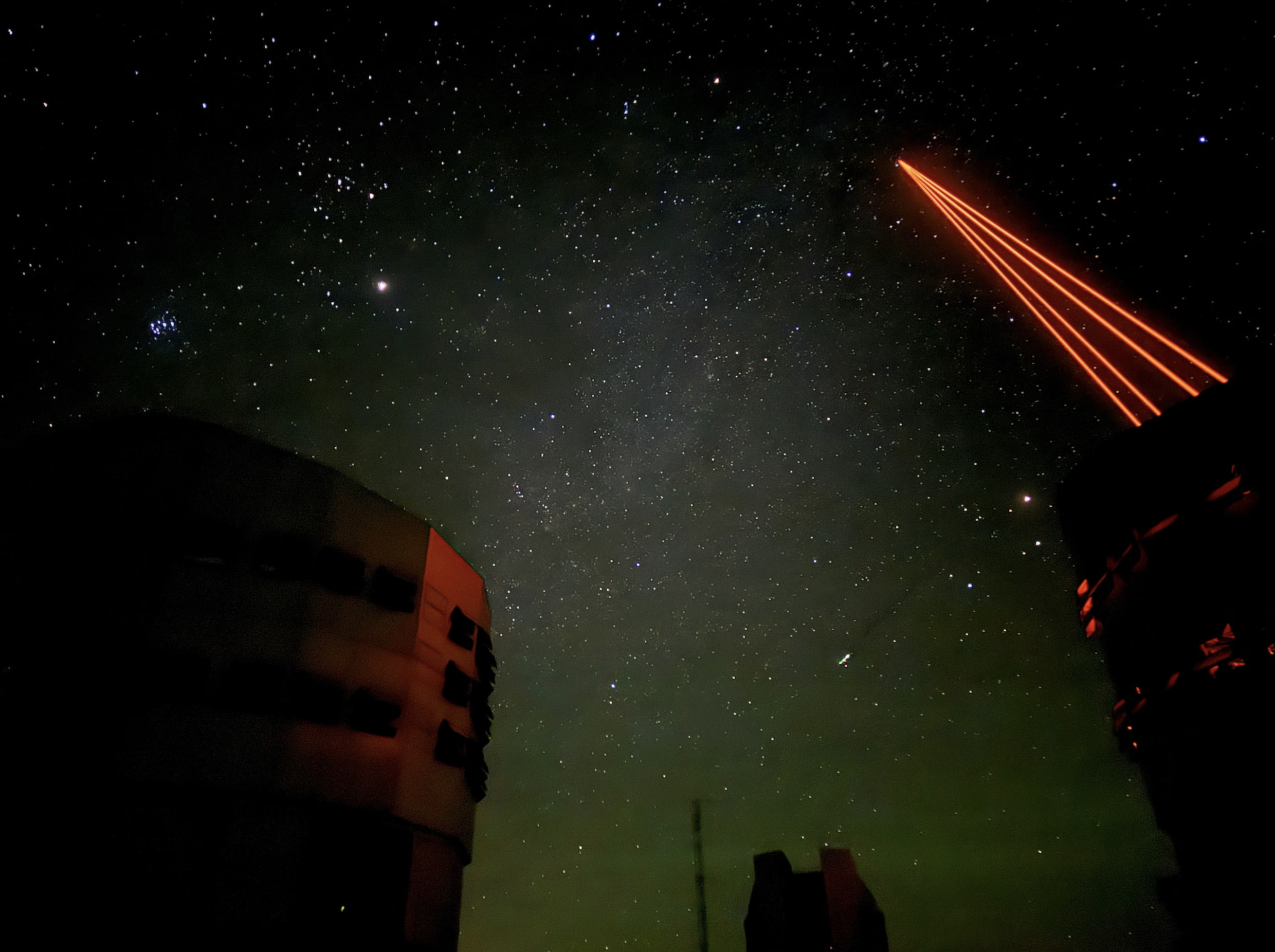CERRO PARANAL, Chile -- Chile's pristine, dark desert skies, world-renowned for astronomy, are at risk of being outshined by urban and industrial development according to astronomers.
Angel Otarola, an astronomer and member of the light pollution committee of the Chilean Astronomical Society (SOCHIAS), says light pollution around the state-of-the-art Paranal Observatory is currently about one percent and worries about losing the darkness vital to their studies.
"What protected us before was distance, but now these projects are getting closer," Otarola said, adding that the infrastructure and lighting required by industries "will potentially begin to increase artificial light pollution."
|
|
| A view at the Very Large Telescope or VLT observatory located on the Cerro Paranal, in the Atacama desert, Chile, January 25, 2025. Photo: Reuters |
Chile, the world's largest copper producer and second-largest lithium producer, has seen mining and renewable energy projects expand in its mineral-rich north in recent years.
Paranal telescope operator Marcela Espinoza says it's essential for Chile to preserve "the best skies in the world" so that other countries keep choosing the region to install their telescopes.
The European Southern Observatory (ESO) is currently building the €1.45 billion Extremely Large Telescope (ELT) at the nearby Cerro Armazones.
The main project scientists have pointed out is the Inna project, a mega green hydrogen and ammonia development by AES Andes, a subsidiary of the U.S. AES Corporation.
AES told Reuters that the Inna project, which began in 2021, had received no opposition on lighting issues until August 2024. The company said the project is in an area the state has earmarked for renewable energy and environmental requirements mean "there is no possibility of relocating a project."
"The project can coexist with astronomical observation, and work with the world and Chile's astronomy community, to raise standards and demonstrate that, with new technology and cultural shifts to protect Chile's dark skies, coexistence is possible," the company said.
The company said it conducted studies that show a maximum increase in the natural brightness of the sky would not exceed 0.27 percent on Paranal Hill and 0.09 percent on Armazones Hill due to the project.
|
|
| A view of the Very Large Telescope or VLT observatory located on the Cerro Paranal, in the Atacama desert, Chile, January 26, 2025. Photo: Reuters |
Chile's science minister, Aisen Etcheverry, told Reuters the government has formed a committee to look for solutions to develop both astronomy and energy, noting that "both are important" to the government.
"We're working to find solutions, from technical to diplomatic, that allow both these activities to happen," Etcheverry said.
|
|
| A view at the Very Large Telescope or VLT observatory located on the Cerro Paranal, in the Atacama desert, Chile, January 25, 2025. Photo: Reuters |























































